
How high-net-worth Nigerians are securing stability through second citizenship
Africa is on the cusp of a wealth boom. By 2028, the continent will record the fastest growth of high-net-worth individuals (HNWIs) anywhere in the world, with the number of Africans worth at least USD 10 million expected to rise 18% in just four years according to Knight Frank’s Wealth Report 2025.
This surge is driven by natural resource wealth, rapid infrastructure development, and the rise of a dynamic middle class, creating a fertile ground for wealth creation across manufacturing and services. At the heart of this transformation is Nigeria, a nation of vast resources and entrepreneurial energy, steadily cementing its role as one of Africa’s economic powerhouses.
Yet in 2025, Nigeria’s wealthiest face a sobering reality: economic volatility, political uncertainty, and persistent infrastructural challenges continue to undermine confidence. For the country’s HNWIs, wealth alone is no longer sufficient to ensure security. Increasingly, a second passport, obtained through Citizenship by Investment (CBI), or even a second residency, is emerging as an essential safeguard, providing mobility, financial resilience, and generational protection. In fact, Nigeria consistently ranks among Africa’s top three sources of outbound HNWI migration, and as domestic pressures mount, the demand for second citizenship is only accelerating.
Nigeria’s Wealthy Under Pressure
A major driver of this trend is economic volatility. Nigeria continues to struggle with inflation, currency devaluation, and declining foreign investment inflows, factors that create deep uncertainty for wealthy families seeking to preserve assets and plan for the long term. Since July 2023, the naira has lost more than 50% of its value after two significant devaluations. Central Bank of Nigeria (CBN) data shows the official exchange rate rising from ₦645.10/$ in 2023 to an average of ₦1,450/$ in 2024, with the currency trading between ₦1,500 and ₦1,600/$ by mid-2025. While the Nigerian Exchange Limited (NGX) has recently shown signs of strength, structural challenges around liquidity, market depth, and investor confidence remain well behind peers such as South Africa and Egypt. These economic pressures are compounded by persistent infrastructure gaps, chronic energy shortages, and rising insecurity, factors that have only heightened the urgency for families to seek alternatives abroad.
The Nigerian passport further limits global access, requiring visas for most of Europe, North America, and Asia, thereby constraining international business, education prospects, and lifestyle flexibility.
As of mid-2025, Nigerian nationals are facing stricter visa rules. The BBC reported how the United States has announced sweeping changes to its non-immigrant visa policy for four countries, including Nigeria, cutting the duration and conditions under which most travellers from those countries can enter. Not long after Africa Business Insider reported that the UAE introduced new restrictions on visa application policies for Nigerian citizens, affecting transit and tourist visas drastically narrowing travel options for Nigerian citizens, with significant impact for tourism and business travel.
Why Citizenship by Investment is the Smart Exit
The implications are stark. Nigeria has recorded the second-largest decline in dollar millionaires worldwide over the past decade, according to the latest Private Wealth Migration Report and New World Wealth. Between 2014 and 2024, the number of High-Net-Worth Individuals (HNWIs), those with more than USD 1 million in liquid assets, fell by 53%, plunging from 15,000 to just 7,200. That is a loss of 7,800 millionaires in ten years, the second-worst performance among 59 countries analyzed.
The decline is accelerating. In 2024 alone, Nigeria lost 1,000 millionaires, and today counts only 20 centi-millionaires (worth over USD 100 million) and three billionaires. It also leads Africa in millionaire exodus. Looking ahead, forecasts show Nigeria will lose another 200 millionaires in 2025, reducing its HNWI population to 7,000.
This trend mirrors a global shift. Some 142,000 millionaires are expected to migrate in 2025, up from 134,000 in 2024. The United Kingdom, long a preferred destination for Nigerians, is projected to suffer the world’s largest net outflow (16,500 millionaires) driven largely by new tax rules.
The ripple effects of this shift are visible in unexpected places. Just a year ago, the Citizenship by Investment Program (CIP) office in the Caribbean nation of St. Lucia had not received a single application from Africans in its five years of operation. In recent months, however, it has issued around 60 passports to Nigerians and is now reporting a steady rise in applications from the country, its only African market to date.
Best Passports for Nigerians
As such, many of Nigeria’s wealthy are opting to strategically combine their passport with particular citizenship or residency programmes to unlock entry to major economies and a greater share of global GDP. Below are among the popular options.
Grenada
Pairing a Grenadian passport with a Nigerian one provides access to 163 destinations worldwide, including the UK, the EU Schengen zone, China, and Russia, representing 58.7% of global GDP, compared to just 2.1% with a Nigerian passport alone. Grenada’s unique advantage lies in its E-2 Visa treaty with the United States, which allows Grenadian citizens to apply for a U.S. residency visa by investing in an American business. Students also benefit from a 90% fee reduction at St. George’s University, a leading medical school affiliated with both the U.S. and the UK.
The Grenada Citizenship by Investment Program, launched in 2013, offers irrevocable citizenship and a passport without requiring residence or the renunciation of existing nationality. Processing takes an average of six months, and the programme extends eligibility to spouses, children under 30, siblings over 18, and parents above 55, with passports valid for five years.
Antigua and Barbuda
The Antigua and Barbuda Citizenship is also an attractive option. The programme offers a legal pathway that grants applicants irrevocable citizenship and a passport without requiring residence in the country or renunciation of their current nationality. A key benefit of the programme is that 4 generations can be added in one application. With an average processing time of just 6 months, successful applicants enjoy visa-free access to 153 countries, including the Schengen Zone, United Kingdom, Singapore, China, and Hong Kong. Investment options include an economic contribution to the National Development Fund (NDF), real estate investment, or participation in the University of the West Indies (UWI) Fund. The minimum investment starts from USD 230,000, and the passports are valid for 5 years initially, renewable for 10 years.
Dominica
A Dominican passport, when combined with a Nigerian one, also unlocks access to 162 destinations, including the EU, representing 42.7% of global GDP. As part of the Commonwealth, Dominica also allows visa-free travel across much of Europe, making it a popular choice for Nigerians seeking mobility and security.
The Dominica Citizenship by Investment Program, established in 1993, is one of the world’s longest-running and most trusted initiatives. It enables foreign investors to obtain irrevocable citizenship without residency requirements or the need to give up their nationality. Processing typically takes four months and investment options include a government donation or real estate investment starting at USD 200,000. Eligibility extends to spouses, children up to 30 years old, and parents or grandparents over 65. Passports are valid for ten years for adults and five years for children under 16.
Portugal
Portugal remains one of the most attractive residency pathways for Nigerians. Combining a Portuguese passport with a Nigerian one grants access to 205 destinations, covering 80.5% of global GDP. This includes visa-free travel across the EU and simplified electronic visa access to major economies like Australia, Canada, and the U.S. After five years of residency through Portugal’s Golden Visa programme, investors may apply for full citizenship, securing the right to live, work, and study anywhere in the EU. This is especially valuable for families, as children pursuing higher education in the EU qualify for local tuition fees instead of international rates.
The Portugal Golden Visa Program, introduced through Act 23/2007 in 2012 also stands out since, unlike many programmes, it does not require permanent relocation. With a processing time of 8–10 months, applicants may qualify with a minimum capital transfer of €200,000, and eligibility extends to spouses, children under 18, financially dependent adult children, and dependent parents.
Latvia
For Nigerians seeking a faster, lower-cost route into Europe, Latvia’s Residency by Investment Program is an attractive option. Introduced in 2010, the programme provides foreign investors with residency through real estate purchases, business investments, bond acquisitions, or contributions to the subordinated capital of credit institutions. As a member of the EU since 2004 and the Schengen Area since 2007, Latvia grants residency holders visa-free travel to 33 European countries.
The programme’s processing time averages just three to four months, with a minimum investment requirement of €50,000 plus government fees. Eligibility extends to spouses and children under 18, providing a straightforward pathway to European mobility at a lower entry point than many alternatives.
Securing a Global Advantage
Nigeria’s future holds both promise and uncertainty. For its wealthiest citizens, the smartest strategy is preparation. A second passport through Citizenship by Investment provides the freedom, security, and resilience needed to thrive in an unpredictable world.
At Citizenship Invest, we help Nigerian investors navigate the best-fit programs to protect wealth and secure global opportunities. Contact us today to take the first step toward your future advantage.